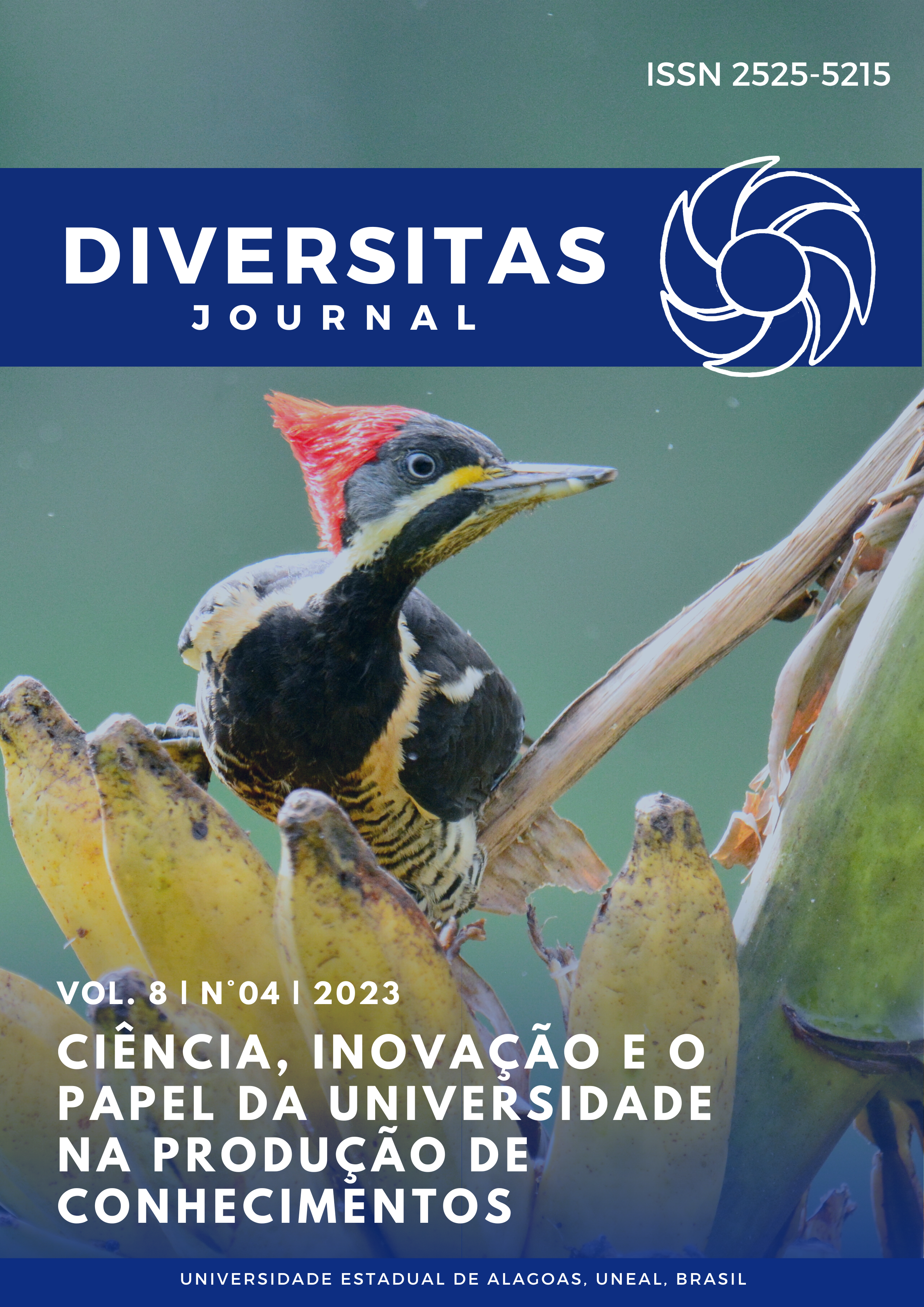Effect of Insulin Plant (Costus igneus) Leaf Powder in Broiler Chickens (Gallus galluus domisticus)
DOI:
https://doi.org/10.48017/dj.v8i4.2648Keywords:
Insulin Plant, Body weight gain, broiler chicken, Leaf poderAbstract
This experiment was conducted to evaluate the effects of insulin plant leaf powder in broiler chickens. One hundred (100) chicks of the same age and random sexes were purchased from the local agrivet supplier and were used in the study. There were five (5) treatments replicated four (4) times following the Completely Randomized Design (CRD) of the experiment. The treatments were as follows: Treatment A - basal diet with 5 grams of insulin plant leaf powder per kilogram of feeds, Treatment B- basal diet with 10 grams of insulin plants leaf power per kilogram of feeds, Treatment C- basal diet with 15 grams of insulin plant leaf powder per kilogram of feeds, Treatment D- positive control (antibiotics) and Treatment E- without insulin plant leaf powder (control). The result of study on basal diet of broilers with insulin plant leaf powder significantly affects the body weight, body weight gain, and feed consumption of broilers at 21 and 35 days of feeding. The broiler given insulin plant leaf powder on their basal diet lowers their feed consumption as the amount of insulin plant leaf powder increases. The dressing percentage of broilers given insulin plant leaf powder on their basal diet is slightly higher compared to those given with a plain basal diet. The broiler given insulin plant leaf powder on their basal diet gives higher income compared to the controls. The analysis of results revealed that insulin plant leaf powder had a significant effect on the growth performance of broilers varies on the amount added per kilogram of basal diet. The period of feeding the broilers with insulin plant leaf powder on their basal diet affects their health since it was observed that after 21 days of feeding, treated birds show signs of stress/sickness.Metrics
References
Borazjanizadeh M Eslami M Bojarpour M Chaji M and Fayazi J (2011). The effect of clove and oregano on economic value of broiler chickens diet under hot weather of Khuzestan. Journal Animal and Veterinary Advance, 10: 169-173.
Roth F and Kirchgessner X (1998). Organic acids as feed additives for young pigs: Nutritional and gastrointestinal effects. Journal of Animal and Fisheries Science, 8: 25-33.
Chen J, Lu T and Han Z (1997) Poultry production in China and the potential for using enzyme preparations. Proceedings of the 1st Chinese Symposium on Feed Enzymes, May 6-8, 1996, Nanjing Agriculture University, Nanjing, China, pp: 1-5.
Dhama K, Tiwari R, Khan R U, Chakraborty S, Gopi M, Karthik K, Saminathan M, Desingu P A and Sunkara L T (2014) Growth Promoters and Novel Feed Additives Improving Poultry
Gardzielewska, J., Pudyszak, K., Majewska, T., Jakubowska, M., Pomianowski, J. (2003). Effect of plantsupplementd feeding on fresh and frozen storage quality of broiler chicken meat, Electronic Journal of Polish Agricultural Universities, Vol. 6,2
Hosseini-Vashan SJ Golian A Yaghobfar A Zarban A Afzali N and Esmaeilinasab P (2012). Antioxidant status, immune system, blood metabolites and carcass characteristic of broiler chickens fed turmeric rhizome powder under heat stress. African Journal of Animal Biotechnology, 11: 16118- 16125.
Mammo M (2012). The issue of feed-food competition and chicken production for the demands of foods of animal origin. Asian Journal of Poultry Science, 6: 31-43. https://scialert.net/abstract/?doi=ajpsaj.2012.31.43
Production and Health, Bioactive Principles and Beneficial Applications: The Trends and Advances-A Review. International Journal of Pharmacology, 10: 129-159.
Downloads
Published
How to Cite
Issue
Section
License
Copyright (c) 2023 Carla M Bagunoc, Amalia A. Royo, Risa M. Magalang

This work is licensed under a Creative Commons Attribution 4.0 International License.
The Diversitas Journal expresses that the articles are the sole responsibility of the Authors, who are familiar with Brazilian and international legislation.
Articles are peer-reviewed and care should be taken to warn of the possible incidence of plagiarism. However, plagiarism is an indisputable action by the authors.
The violation of copyright is a crime, provided for in article 184 of the Brazilian Penal Code: “Art. 184 Violating copyright and related rights: Penalty - detention, from 3 (three) months to 1 (one) year, or fine. § 1 If the violation consists of total or partial reproduction, for the purpose of direct or indirect profit, by any means or process, of intellectual work, interpretation, performance or phonogram, without the express authorization of the author, the performer, the producer , as the case may be, or whoever represents them: Penalty - imprisonment, from 2 (two) to 4 (four) years, and a fine. ”


















